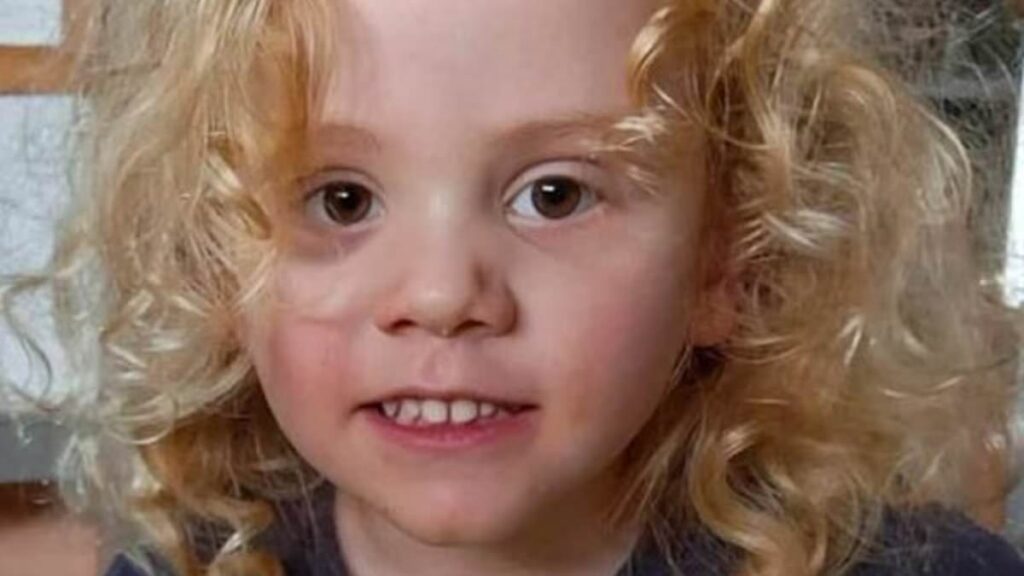
Unearthed documents and local sources have revealed a deeply intricate and tragic history within the family of missing South Australian boy, Gus Lamont. The four-year-old vanished from the front yard of his family’s homestead on September 27, prompting extensive searches by police, state emergency services, and the army. Despite these efforts, no reliable trace of him has been found. The family, however, is not implicated in his disappearance.
Central to this story is Gus’s grandmother, Josie Murray, a trans woman who has not given up hope of finding him. The Oak Park property, located 40 kilometers south of Yunta, holds many secrets of the past, including Josie’s own transformation and the family’s storied history.
The Transformation of Josie Murray
According to business records dating back to 1999, Josie’s life partner, Shannon Murray, worked the sprawling sheep station with her father, the late war hero Vincent Pfeiffer. Shannon, known locally as Shan, was a joint proprietor of Oak Park alongside Vincent, affectionately called Vin. The station was reportedly inherited by Shannon’s mother, Clair Jones.
Robert Murray, who transitioned to Josie, appeared in public records until 2015, when the name was replaced by Josie Murray. A Yunta source confirmed the transition, noting that the town was accepting of Josie’s choice. It is believed that the death of Josie’s father-in-law, Vincent, a well-liked yet tough man, prompted her to come out as transgender later in life.
“I knew Josie as ‘Snow’ before they transitioned,” said a friend.
While it remains unclear if Josie and Shannon’s marriage is still intact post-transition, they continue to live together. The complex history of Oak Park suggests that, in the unlikely event of Gus being found alive, he may one day inherit the property as the eldest son of Shannon’s daughter, Jessica.
Vincent Pfeiffer: A War Hero’s Legacy
Vincent Pfeiffer’s legacy is a testament to resilience and survival. Born in Tanunda, South Australia’s Barossa Valley, he served as a Lance Corporal in the 2/2 Reserve Motor Transport Company during World War II. In July 1942, he was reported missing, and by October 1943, he was confirmed as a prisoner of war held by Japanese forces in Thailand and Burma.
“Mr. Pfeiffer was one of a handful of POWs to survive the A-bomb attack on Nagasaki, after suffering in both Changi and on the Burma Railway. RIP to one of the nicest people I have ever had the pleasure of knowing,” commented a family friend.
Pfeiffer’s war records reveal his miraculous survival through the harsh conditions of the Thai-Burma railway, also known as the Death Railway, where over 12,000 Allied soldiers perished. He was later transferred to Fukuoka, a feared Japanese prison camp near Nagasaki, where he was liberated in 1945. Upon returning to Australia, he married Clair Jones in 1948 and eventually took over Oak Park, becoming a popular community member.
The Current Family Dynamics
Shannon, the mother of Gus’s mother, Jessica, is a respected member of the Outback community, having served as a representative of the North East Pastoral Soil Conservation Board in 1997. Jessica, who has remained at Oak Park with Shannon, Josie, and her other son Ronnie, has yet to make a public statement since Gus’s disappearance.
Gus’s father, Joshua Lamont, lives two hours away in Belalie North. Despite maintaining a relationship with Jessica, he reportedly clashes with Josie. Currently staying with relatives in Adelaide, Joshua is said to be ‘furious’ about his missing son.
As the search for Gus has been officially scaled back, Josie remains resolute. “We’re still looking,” she told the media, though she declined to comment further. The community continues to hold out hope, even as the media presence at Oak Park dwindles.
Gus was last seen wearing a blue, long-sleeved Minions T-shirt and a grey sunhat. The mystery of his disappearance and the complex tapestry of his family history continue to captivate the nation, with many hoping for a resolution that brings peace to the Lamont family.






